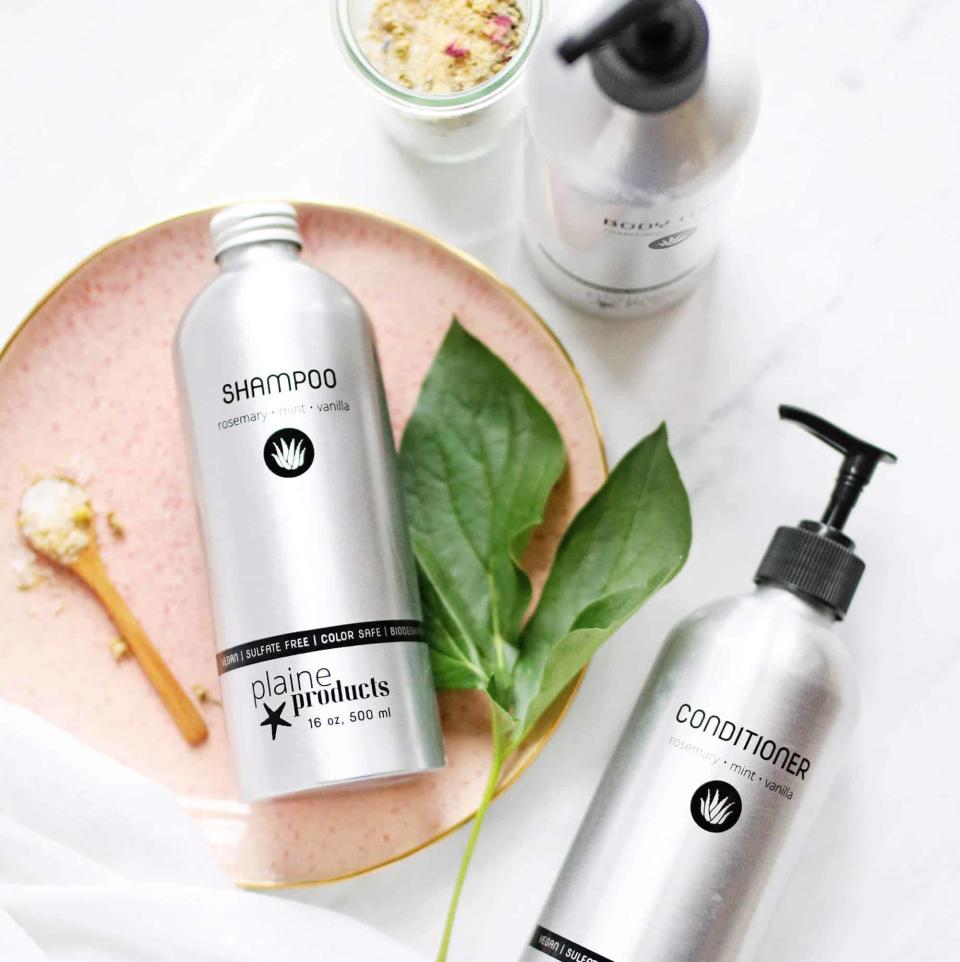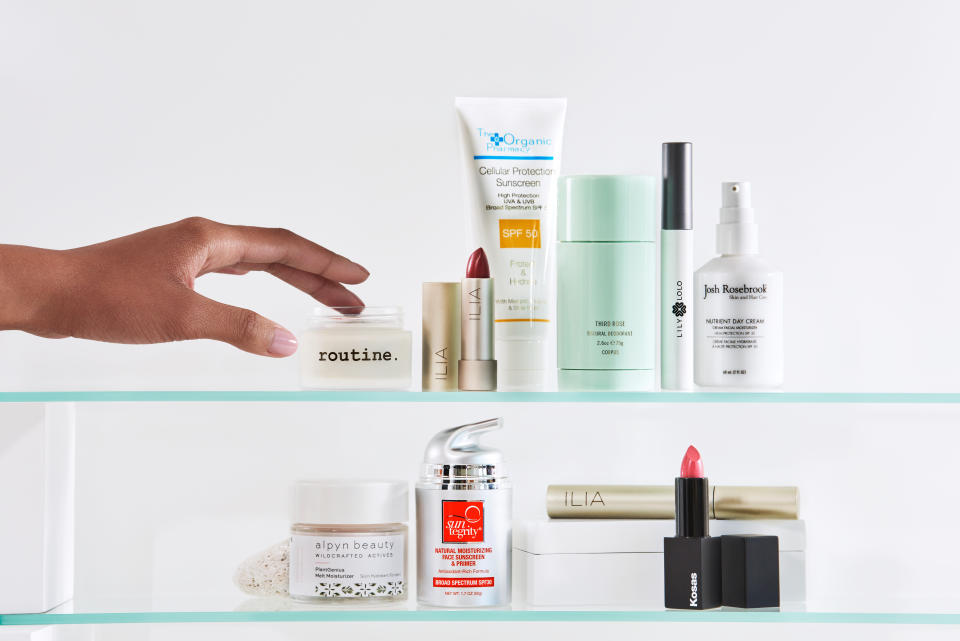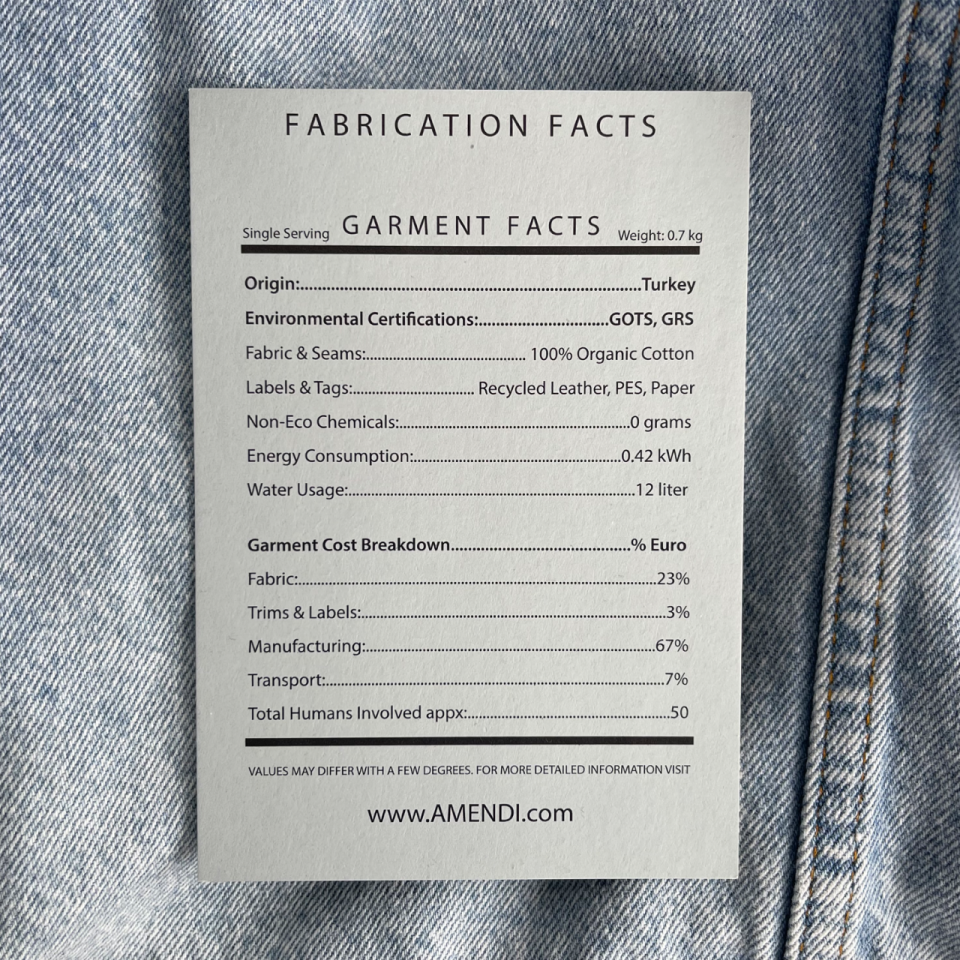Is a Reuse Revolution Underway?: Short Takes

A Reuse Revolution?: Last Thursday, four winners were crowned at the inaugural National Reuse Awards (or The Reusies).
The event was sponsored by nonprofit Upstream, an innovation firm combatting single-use plastic waste, and Closed Loop Partners, a circular-economy focused investment firm and innovation center. The event was held virtually, with TV personality and science communicator Danni Washington as host, and included a mix of stakeholders in attendance.
More from WWD
“The simple fact is that the planet is our spaceship. If we can reconnect people back to the planet, back to earth, back to nature, and see the importance of shifting out of this mode of extinction and wasteful practices, that reconnection will invigorate the reuse movement even more,” Washington said.
Among the winners were community coalition Reusable LA, for “most impactful community leadership”; tech company Rheaply that helps companies put underutilized inventory to use won for “most innovative reuse company”; Crystal Dreisbach, the organizer behind “Don’t Waste Durham,” among other initiatives won for “activist of the year,” and reusable and refillable aluminum care products company, Plaine Products, was awarded “fan favorite reuse company.”

Courtesy
Plaine Products, Raw Elements Adopt New CPG Standard: Oceanic Global (the official United Nations’ partner on World Oceans Day) launched its “Blue Standard” program and consumer-facing seal on Tuesday in its aim to counter greenwashing.
The Blue Standard looks at material sourcing, end-of-life strategy and compatibility with waste streams for products and packaging. Already, consumer packaged goods companies like Plaine Products and Raw Elements have adopted the product and packaging seal.
“CPG brands and their customers are increasingly looking for more sustainable materials, but it can be really tough to navigate ‘green’ claims,” said Mia Davis, vice president of sustainability and impact at Credo. “Blue’s standard will help stakeholders cut through the confusion so we can truly move CPG forward, toward more sustainable solutions.” While Davis showed support for the standard, the retailer has not yet adopted it.
The product and packaging seal is part of Oceanic Global’s Blue Standard program that launched Tuesday. The Blue Standard is a registered verification program on the International Trade Center’s Standards Map, a joint mandate of the World Trade Organization and the U.N. Conference on Trade and Development.
The standard was informed by industry advisers, Oceanic Global’s scientific advisory board as well as environmental experts. Fees are based on the size of business (anywhere from $1,000 to upward of $5,000) and number of products seeking verification. Applicable products and packaging must be re-verified every two years for an additional fee.

Courtesy
Circular Brands Eye New Avenues to Consumers: Technology company Avery Dennison, along with lifestyle brand Upwest and apparel and footwear upcyler ReCircled, are trialing a digital QR code that showcases product circularity.
Relying on Avery Dennison’s Digital Care Label solution and app, consumers can see the usual information on product care and material makeup, but also info from the point of purchase onward, including upcycling needs. End-of-life needs are communicated with partner companies such as ReCircled, and end-of-life textile recycler Ambercycle, for instance.
“We wanted to combine both upcycling and new ways to interact with our consumers. Avery Dennison provides a holistic solution that allows us to pique consumers’ interest, and is a game changer in terms of giving us another route to share our story and our purpose,” said Rob Smith, director of production and sourcing at UpWest.
The tags are only available on three soft goods to start, including a dog sweater, blanket and mittens.
On another circular front, Swedish American label Amendi made garment tag updates in a bid for transparency. Along with adding information on its physical garment tags (including percentage cost breakdown and impact), the brand announced the opening of its first store slated for Oct. 15.

Courtesy
Sign up for WWD's Newsletter. For the latest news, follow us on Twitter, Facebook, and Instagram.

